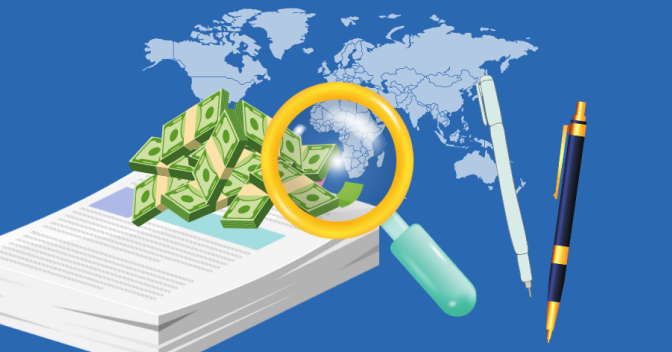Tracking software refers to programs and applications designed to monitor user activity on devices and across the internet. These tracking tools can record browsing history, search queries, clicks and keystrokes to gather data on an individual user’s online behavior. Tracking software is often used by companies for marketing purposes to target ads, recommend content and products, and gather data to improve services. However, such persistent tracking has raised privacy concerns about how much personal data is being collected without consent.
Some types of tracking tools like cookies allow users more control and choice over what data can be accessed, but many feel there should be tighter regulations particularly around programs that collect data surreptitiously in the background. Consumer advocates argue that more transparency and disclosure is needed around the capabilities of tracking software to give users a clearer understanding of how their information is harvested and utilized. Family Orbit claims to provide a secure and user-friendly platform for families to stay connected and organized.
Increased Productivity
One major advantage of tracking software is the ability to monitor employee productivity. The system can track metrics like projects completed, tasks finished, hours worked, emails sent, and more. Software with screenshots, app usage, and computer activity monitoring provide greater visibility into how workers spend their time.
Managers can use productivity reports to identify top performers, reduce idle time, adjust workloads, and ensure deadlines are met. Studies show enterprises with activity monitoring tools in place experience 9% greater productivity on average. productivity tracking software leads to optimized workflows, engaged teams, and better results.
Enhanced Customer Service
Tracking software also plays a pivotal role in managing the customer experience. Features like live chat monitoring, call recording, and service metrics give insights into Customer Service operations.
Managers can evaluate satisfaction scores, first contact resolution, wait times, and other CX metrics to pinpoint areas needing improvement. Teams can also benchmark performance versus competitors using industry benchmark data right within the system dashboard. The end result is higher customer retention and loyalty over the long term.
Streamlined Operations
Tracking tools empower businesses to identify inefficiencies within operational processes using actual data. Bottlenecks causing delays become visible along with costs associated with specific tasks or orders.
Leaders can monitor critical metrics like cycle times, defect rates, machine downtime, and inventory accuracy. Trends reveal where waste exists while drill-down reports diagnose the root causes. Optimization opportunities also surface regarding layouts, scheduling, and Standard Operating Procedures. In summary, tracking software leads to process improvements that cut costs.
Automated Workflows
Another benefit lies with the workflow automation these platforms provide to complete repetitive tasks and assignments. The software automatically routes work items like orders, service tickets, and claims to the appropriate teams or individuals according to predefined rules.
Roles and permissions ensure security while audit trails capture process history. Conditional logic speeds up approvals, notifications, and hand-offs between departments. No more spreadsheets, sticky notes, or manual oversight required. Software workflows boost compliance, accelerate operations, and minimize human error.
Data-driven Decisions
Ultimately, tracking tools empower strategic decisions driven by real-time data rather than mere gut instincts. Metrics reveal positive or negative trends across all business units – from Sales and Marketing to Production and Finance.
Leaders can quickly spot high-level issues emerging around revenue, costs, churn, fulfillment times, quality, and more. Drill-down analysis helps diagnose the root cause while “what-if” scenarios model different solutions. Tracking software provides the key performance indicators required for rapid actions aligned with corporate objectives.
Conclusion
Implementing tracking software delivers multidimensional benefits from driving productivity and optimizing workflows to enhancing customer experiences and informing strategy. The platforms foster efficiency gains, process improvements, elevated service levels, and data-driven decisions leading to better financial results.
With so many potential advantages, modern tracking solutions represent a strategic investment that pays dividends across operations. The right software empowers stakeholders at all levels with actionable insights for both innovation and sustainable growth. Don’t leave business outcomes to chance. Let tracking software provide visibility so managers execute with purpose based on facts.



